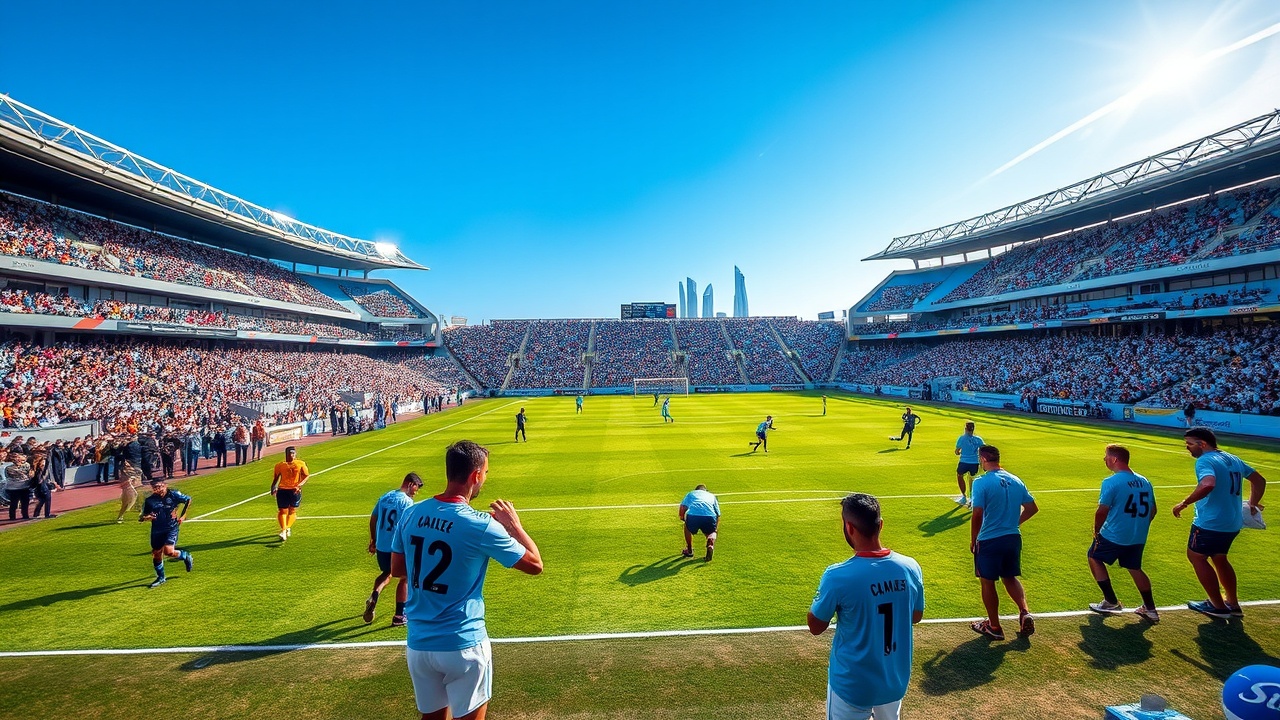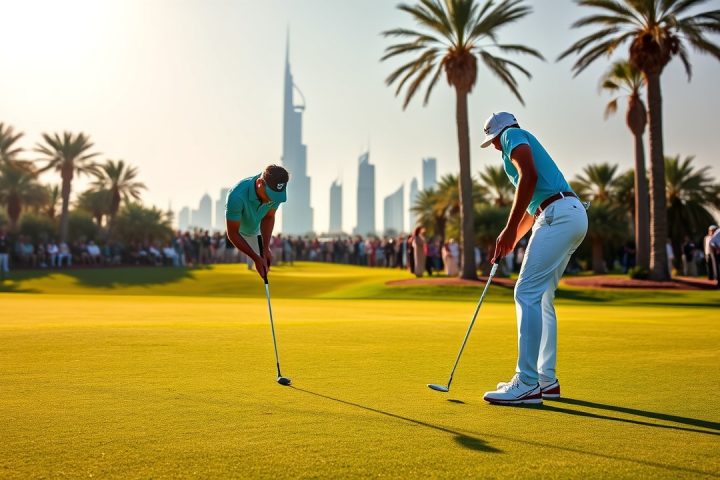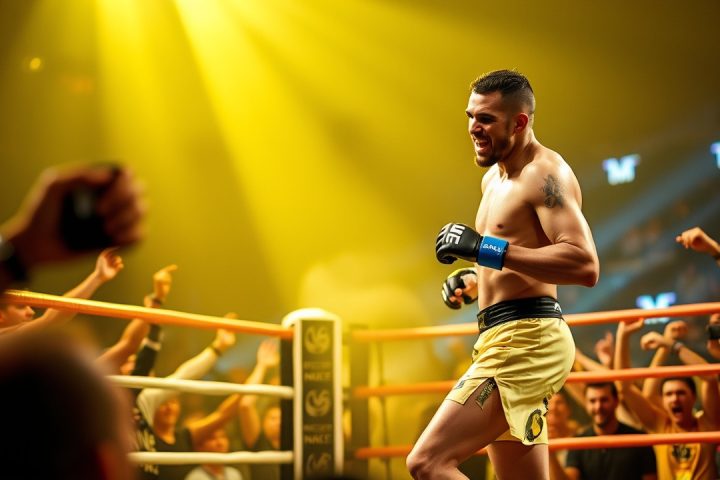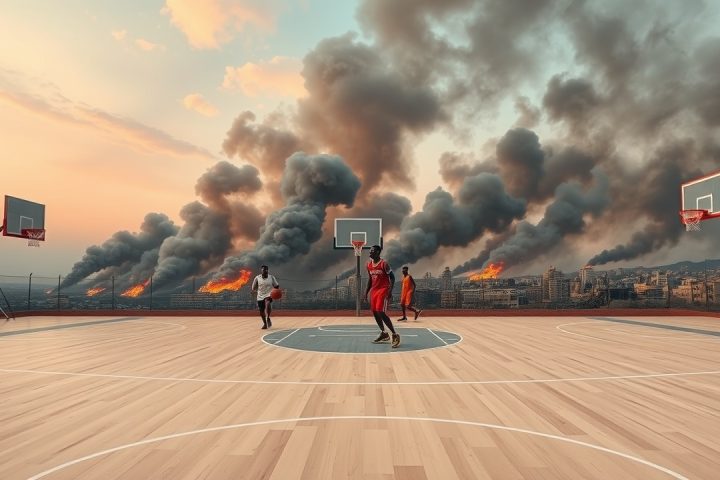Intriguing Rivalry in the Club World Cup
In an intriguing clash enveloped in familial rivalry, Atlanta will host a matchup between Manchester City and Al Ain as part of the Club World Cup tonight. This event highlights not just a typical footy face-off but also a unique contest between two high-ranking members of the United Arab Emirates’ ruling family: Sheikh Mohamed bin Zayed Al Nahyan, the nation’s president, and his brother Sheikh Mansour bin Zayed Al Nahyan, who serves as the vice president and owns Manchester City.
The Ruling Family and Al Ain FC
Sheikh Zayed bin Sultan Al Nahyan, the original founder of the UAE, fathered 30 children through multiple marriages. Among them, six full brothers from his third wife are central figures in the Abu Dhabi ruling family, known as Bani Fatima (the sons of Fatima). Sheikh Mansour, who bought Manchester City through the Abu Dhabi United Group in 2008, also holds the deputy role in the cabinet, whereas his elder brother, Sheikh Mohamed, reigns supreme as UAE president and the ruler of Abu Dhabi while also being president of Al Ain FC.
Al Ain FC has a deep-rooted connection to the ruling family, which reflects the way power is intertwined with sporting success in the UAE. Established in 1979, the club was backed significantly by Sheikh Zayed, who provided the initial funding and land for its first stadium, followed by later developments under his son Sheikh Khalifa. Under Mohamed’s president, Al Ain achieved landmark professional status across various sports.
Success and Achievements
Considered the most successful football club in the UAE, Al Ain has accumulated an impressive tally of 14 Pro League titles, seven President’s Cups, and two Asian Champions League victories, with their most recent continental success in 2024 led by ex-Argentina striker Hernan Crespo. In honor of their achievement, the team was hosted by President Mohamed at Qasr Al Bahr in Abu Dhabi, an event that showcased the familial ties that run deep in Emirati sport.
While Sheikh Mansour was absent from this celebration, he recently acknowledged a different royal pursuit by attending a gala to honor the presidential camel racing team’s triumphs.
Commercial Dynamics and Sponsorships
Tonight’s game will not only showcase the two brothers’ clubs but will also underscore the commercial dynamics at play, particularly in relation to their sponsorships. Al Ain recently secured Emirates as an official club partner, while Manchester City has been backed by Etihad Airlines since 2009, a rivalry that has seen them avoid any cooperation regarding branding due to competitive tensions.
Additionally, the sporting landscape in the UAE shows a dominance of royal figures; most clubs in the Pro League have connections to the Al Maktoum family of Dubai or the Al Nahyan family of Abu Dhabi. For instance, Sheikh Hamdan bin Mohammed Al Maktoum presides over Shabab Al Ahli, the current league champions. However, despite strong family relations within UAE football, Manchester City’s parent company, City Football Group, has not integrated with Al Ain or their original squad Al Jazira, showcasing a selective investment strategy in global football.
Challenges and Growing Influence
As football’s influence grows in the UAE, there’s a noted challenge in developing grassroots culture. Although the population is primarily expatriate, local attendance remains modest—a situation exacerbated by public preference for other sports like cricket among Asian communities. This season, Al Ain recorded varying attendance figures in the AFC Champions League, with some matches attracting between 6,000 and 24,000 fans.
Coach Vladimir Ivic recognizes the challenges ahead of the match against Manchester City, expressing hope in measuring Al Ain’s performance against a giant like City.
“This is a great opportunity for us to assess ourselves,”
he remarked, acknowledging the significance of the match not only for the team but also for the cultural ramifications in football’s evolution in the UAE.
Conclusion
As the clock ticks down to kickoff, the game represents not only athletic prowess but also the complex tapestry of royal family dynamics that shapes Emirati sport.




